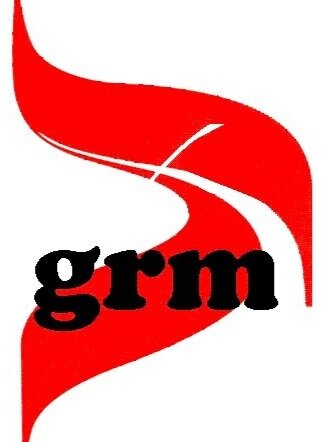Recommended Procedure for Initial Contact with a Compulsive Gambler
Listen carefully to the whole story with your heart!
Reassure the person that others have the same problem and that real help is available. Within the context of introductory conversation, informally share information about the disorder of compulsive gambling. Share that people do recover from gambling addiction and lead relatively normal lives in recovery. Persons with the disease need to reach out for help – as they are doing. Share that for some people, gambling becomes an addiction and that they are not able to control their gambling. In other words, it has gone beyond the point of self-control. “Compulsive gambling is an illness, progressive in its nature, which can never be cured, but can be arrested.”(GA) Emphasize that this is an illness that will not go away by itself. It must be treated as an illness. She/he can, however, get help for their shattered lives through Gamblers Anonymous and counseling. In GA, they’ll meet people who have experienced many, if not all, of their same problems and will offer real help and support. Re-assure the person that the hope and help are real and that it is actually possible for his/her life to become much better than it is at the present time.
If the person is unsure as to whether or not he/she has a gambling problem, offer them the “Twenty Questions.” They need not answer aloud.
Help the person contact the National or State Helpline. Have the person call the National or State Helpline for a referral to a counseling service; or offer to call the Helpline for him/her (in his/her presence). If suicidal thoughts /attempts are mentioned, special counseling is absolutely necessary. In this case, the counselors need to be qualified in suicide prevention as well as for the problem gambling treatment.
Have the person call the National or Local GA Hotline (for your area) in your presence; or offer to call the Hotline for him/her (in his/her presence). The person who answers will ask your name and phone number and a GA member, then, will call you back immediately.
Ask permission to check back with the person within approximately 72 hours to confirm that treatment has begun.
Pray with the person if he/she wants you to do so.
Offer appropriate literature about problem gambling. Give any of the literature about problem gambling that would seem appropriate at this time (and that has been approved by the warden if the person is incarcerated).
If he/she refuses any help, leave your name and contact phone number with him/her to call you should he/she have a change of mind.
If #8 occurs, call your area GA Hotline and the State or National Helpline yourself to see if there is anything further you should do at the present time.
Particular attention should be paid to the gambler who mentions suicide. Speaking of suicide, by a problem gambler, should not be taken as just an empty threat or merely a call for attention. Suicide attempts among compulsive gamblers are higher than for any of the addictions. The suicide rate among pathological gamblers is one in every five. You could refer your visitor to the National or State Helpline or simply say, “I’m concerned that you mentioned the possibility of suicide, I know (a place or someone) that I would like you to talk with for a minute or two on the phone” … and then pick up the phone and call whatever emergency numbers you might have. If an incarcerated person says “yes” to suicide questions, inform the warden and jail chaplain of this.
Special note on escape gamblers: If the person is using gambling as an escape from their problems, it is possible that he/she is currently (and/or has in the past) suffering serious trauma. This person is in need of a counselor who is qualified in psychological trauma counseling. Because the cause of the gambling addiction may be related to the trauma, the gambling behavior will not stop until the effects of the trauma are resolved.
NOTE: If the person is in jail, contact the facility in order to (a) obtain permission from the prisoner to visit him/her; (b) comply with security check procedures before your visit; (c) determine the date and time for your visit; (d) have any literature approved that you will want to give to the prisoner. (Also, note: #3 and #4 above may not be permitted in a detention facility.)
NOTE TO CLERGY: Because compulsive gambling is a progressive disorder, care needs to be taken that it is regarded as an illness that can be treated. The Twelve Step program when combined with professional counseling is the recommended treatment. Only telling the compulsive gambler that gambling is a sin and to simply stop it, does not address the essential issue of illness and has not proven to be effectively helpful.

